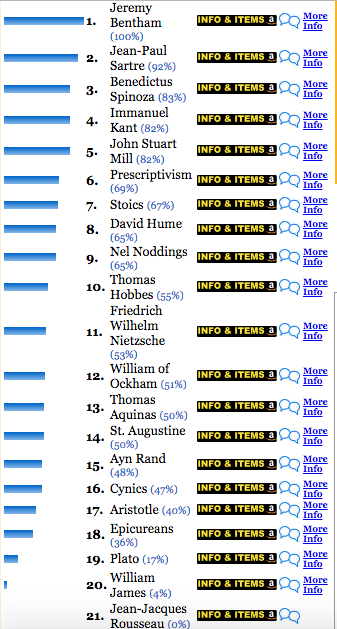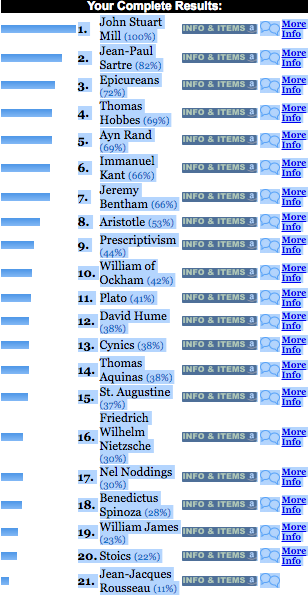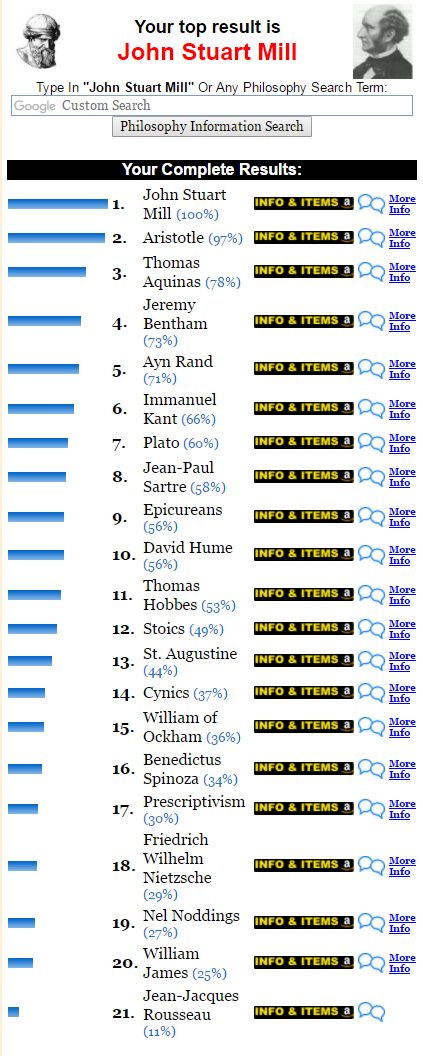Abendrot
one way trip
- Joined
- Sep 2, 2016
- Messages
- 600
- MBTI Type
- IntJ
- Enneagram
- 85X
- Instinctual Variant
- sx
1200 pages??? no thanks. Wasn't planning on reading it anyway, I just recognized the title.
Oh those philosophers do? lol I've heard of Hobbes, but not the other guy. The bullet points seem right, though I don't understand the pleasure being morall good. I do think that most people do things because of pleasure/ self interest.
Epicureanism is essentially hedonistic in that it defines pleasure as the essence of what is morally good. However, they seem to be the opposite of hedonists on the surface, because they seek restrained and moderate pleasures. They want what is pleasurable over the long term, and have disdain for instant gratification. Yeah, I agree that most people chiefly seek what is pleasurable.



